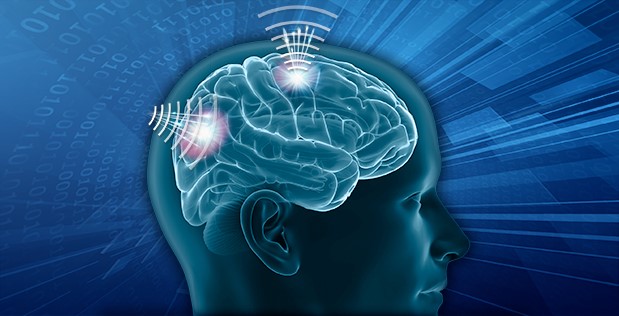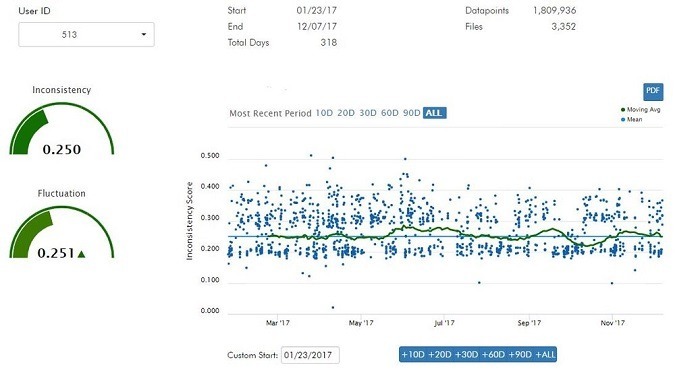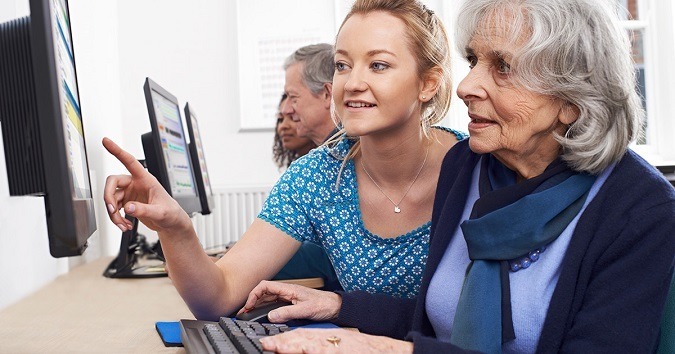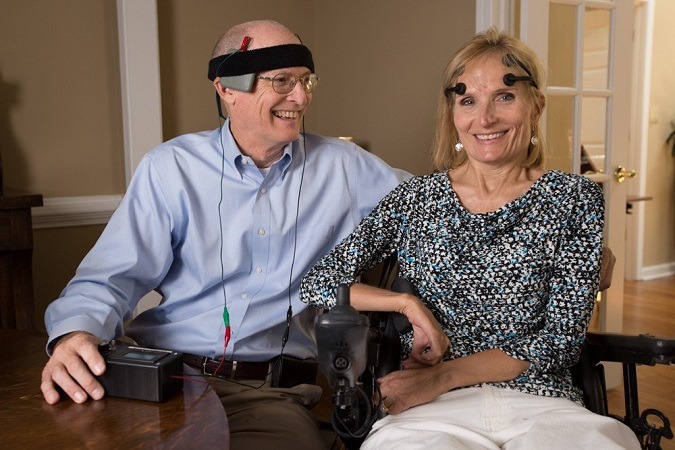Posts Tagged ‘tDCS’
DARPA invests in nonsurgical neurotechnologies for eventual use in healthy human subjects
___ Nonsurgical Neural Interfaces Could Significantly Expand Use of Neurotechnology (DARPA News): “Over the past two decades, the international biomedical research community has demonstrated increasingly sophisticated ways to allow a person’s brain to communicate with a device, allowing breakthroughs aimed at improving quality of life, such as access to computers and the internet, and more…
Read MoreUpdate: Why monitoring Typing Cadence may help detect early Parkinson’s and Alzheimer’s Disease
_____ Time for SharpBrains’ first eNewsletter in 2018, offering a fascinating sneek peek into the rapidly growing toolkit to measure and improve brain health. (And don’t miss the fun teaser at the end!) New thinking: Brainnovations Winner Jan Samzelius on why monitoring Typing Cadence may help detect early Parkinson’s and Alzheimer’s Disease Firms Race to Find…
Read MoreWith pharma exiting Alzheimer’s research, new hope (and urgency) seen in the combination of brain training and transcranial direct current stimulation (tDCS)
___ What does the future hold for the war on Alzheimer’s? (The Globe and Mail): “After spending huge sums on clinical trails in recent years, the pharmaceutical industry has failed to find a drug that can halt the mind-robbing disease. And this month, Pfizer announced it is ending its Alzheimer’s research, although other companies haven’t thrown…
Read MoreImportant insights on the growing home use of tDCS brain stimulation: older-than-expected users, positive self-reported results for treatment of depression but negative for self-enhancement, and a couple areas of concern (severe burns, frequency)
___ At the 2017 SharpBrains Virtual Summit last month, researcher and science writer Dr. Anna Wexler discussed some fascinating insights from her survey of 339 home (or “do-it-yourself”) users of tDCS (transcranial direct current stimulation) devices. The survey results have just been published in the Journal of Cognitive Enhancement (details below), and provide a useful window into who…
Read MoreHow will the Clinicians, Patients and Consumers of the Future ensure appropriate use of brain enhancement methods encompassing lifestyle, supplements, brain training, meditation, bio/ neurofeedback, tDCS and more?
How will the Clinicians, Patients and Consumers of the Future ensure appropriate use of brain enhancement methods encompassing lifestyle, supplements, brain training, meditation, bio/ neurofeedback, tDCS and more? (recording requires registration; view slidedeck above or Here) Dr. Eddie Martucci, Co-Founder and CEO of Akili Interactive Labs Dr. Anna Wexler, science writer, filmmaker and postdoc fellow at the Department of Medical…
Read MoreDr. Anna Wexler to discuss the Present and Future of DIY Brain Enhancement at the 2017 SharpBrains Virtual Summit (December 5–7th)
_____ Proud to confirm that Dr. Anna Wexler, a science writer, filmmaker and postdoc fellow in advanced biomedical ethics at the Department of Medical Ethics & Health Policy at the University of Pennsylvania, will discuss the Present and Future of DIY Brain Enhancement (especially brain stimulation modalities such as tDCS) at the upcoming 2017 SharpBrains Virtual…
Read More




